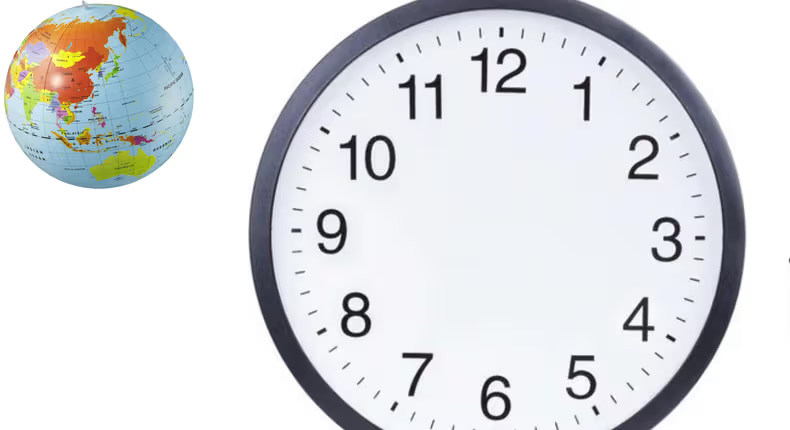Antarctica, located at the South Pole, presents a fascinating aspect of timekeeping. Unlike other places on Earth, Antarctica is technically in every time zone simultaneously due to its position where all lines of longitude converge. This unique geographical feature means that there is no distinct time zone assigned to the poles.
THE CHALLENGE OF TIME ZONES
Because of the convergence of meridians at the poles, defining a specific time zone is impractical. Additionally, Antarctica lacks a formal government or timekeeping laws, further complicating the establishment of standard time. The extreme day-night cycles around the June and December solstices make it even more challenging to pinpoint the correct time.
HOW TIME IS DETERMINED
Time in Antarctica often aligns with the time zones of the countries that operate research stations or supply bases there. For example, the Amundsen-Scott South Pole Station follows New Zealand time (GMT +12 hours) since its main supply base is in Christchurch, New Zealand. Similarly, other stations, like Troll Station, adjust their official time zone based on local needs.
During the summer months, about 5,000 scientists and support staff are present, with around 1,000 in winter. Daylight saving time may also require clock adjustments.
COMPARISON TO THE NORTH POLE
While the North Pole, located in the Arctic Ocean, also lacks a defined time zone, it differs from Antarctica. The North Pole is not a continent and is characterized by shifting sea ice, allowing individuals to create their own time based on personal preference, as there are no borders or boundaries.
In summary, the absence of a formal time zone in Antarctica reflects its unique geographical and political status, making it a truly distinct location on our planet.

